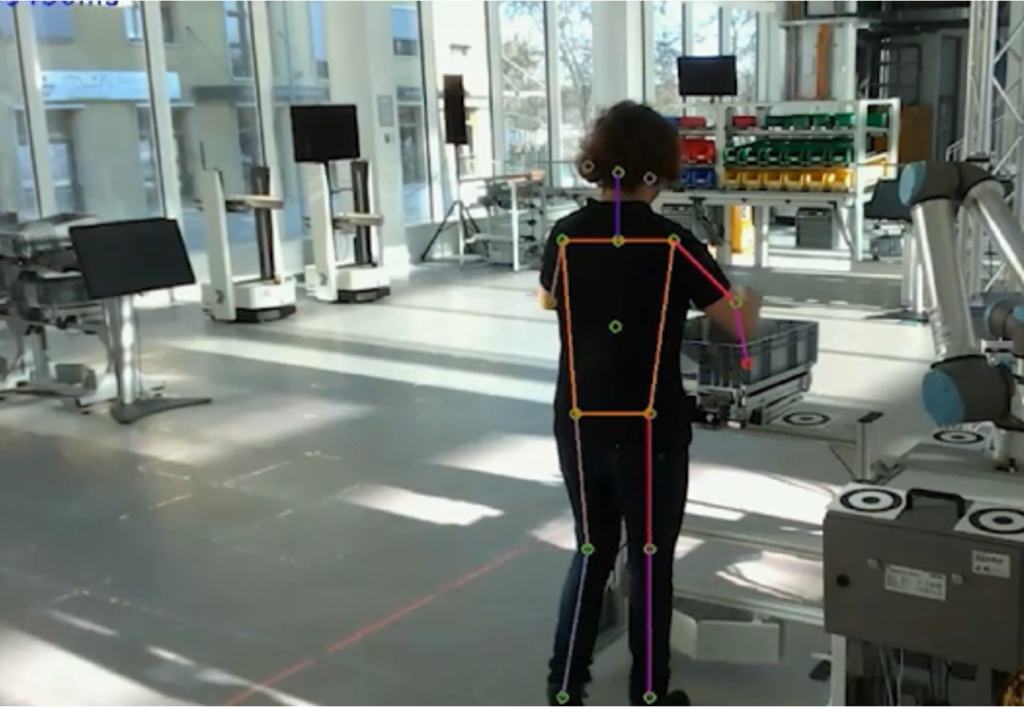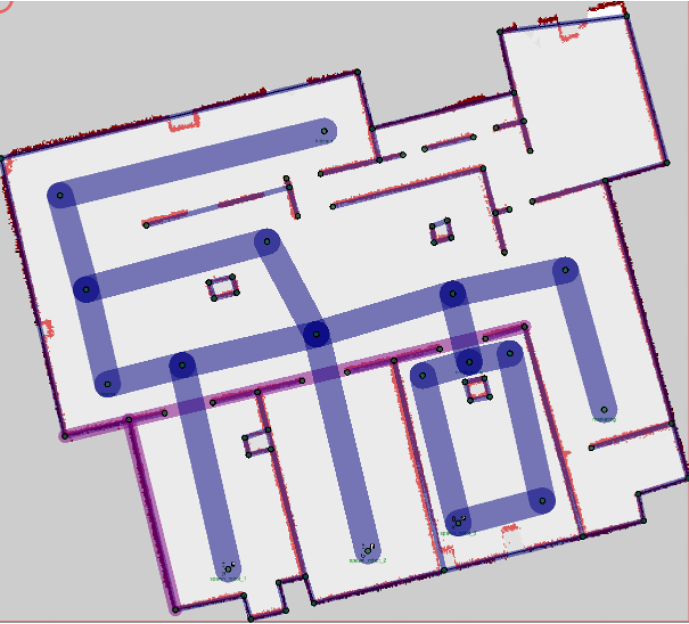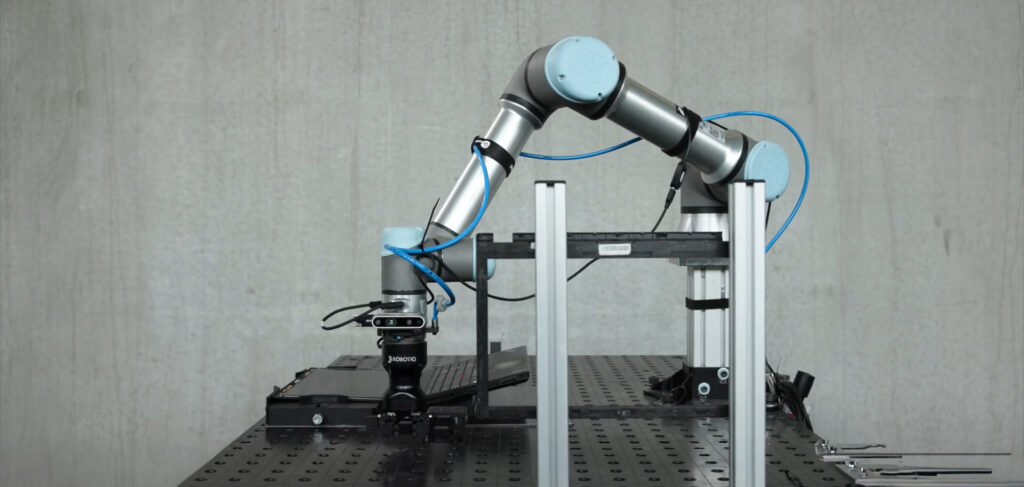Ship Motion Prediction: Adaptive Ship Navigation and Safety (NTNU)


Challenge
Maritime transport carries more than 80% of global trade, but traditional navigation systems often fail to account for the real, dynamic behaviour of ships under different payloads or weather conditions. This limitation can reduce navigational safety and responsiveness at sea.
RoboSAPIENS Solution
NTNU applies the MAPLE-K framework within a professional ship simulator, mapping out five key adaptive phases – from monitoring to execution. The resulting system acts as a decision-support tool for shipmasters, helping them understand and predict vessel behaviour under changing conditions.
Impact
Initial testing with nautical students and instructors has shown promising results: users found the system more intuitive than existing tools, and were able to react earlier in potential collision scenarios. This demonstrates the potential of adaptive AI to enhance safety and situational awareness in real-world maritime navigation.
Future Outlook
The developed decision-support model offers a foundation for next-generation navigation systems that combine robust physical modelling with human-centred interaction. Further refinement of safety indicators and prediction horizons will strengthen its use in commercial and training environments.

Social Sciences & Humanities Insights
RoboSAPIENS integrates Social Sciences and Humanities (SSH) research to ensure that adaptive robotics evolves in line with human values, ethics, and workplace realities. SSH activities explores how people interact with, trust, and accept robotic systems in each industrial context.
The NTNU Ship Motion Prediction use case work examines how decision-support systems can complement – rather than replace – human judgement at sea, reinforcing the captain’s authority while improving safety.



